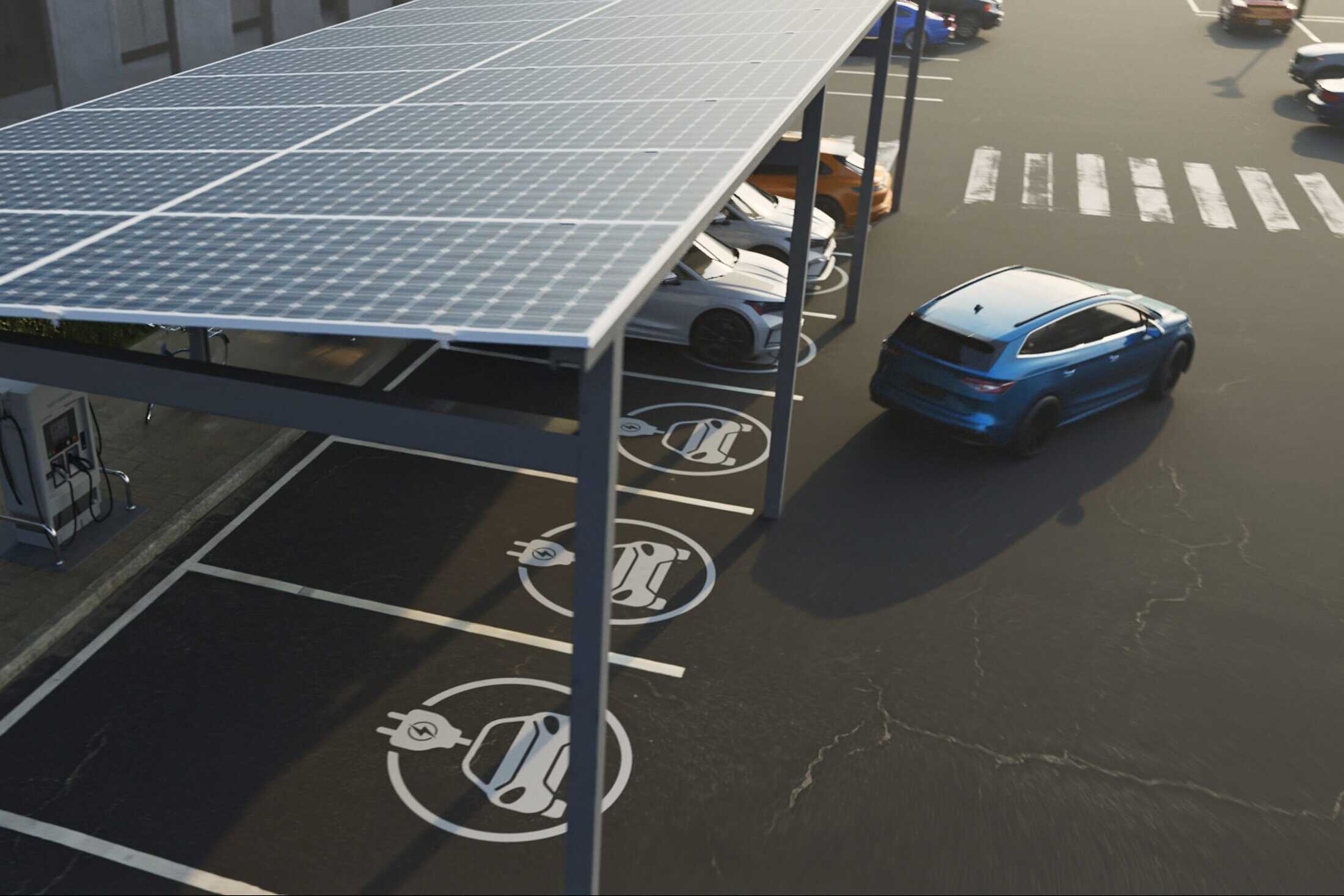Expertise

The last half-century has seen dramatic economic and technological changes in the automotive industry.
Those changes are now accelerating as the industry strives to transform the global transportation and mobility system. UMTRI’s collaborative and multidisciplinary approach to research is helping to lead that change by expanding and leveraging the vast resources of the University of Michigan. Our experts engage with researchers in key fields such as engineering, urban planning, behavioral science, emergency medicine, gerontology, public health, business, public administration and policy, and community service—to help build safer and more efficient transportation and mobility systems.